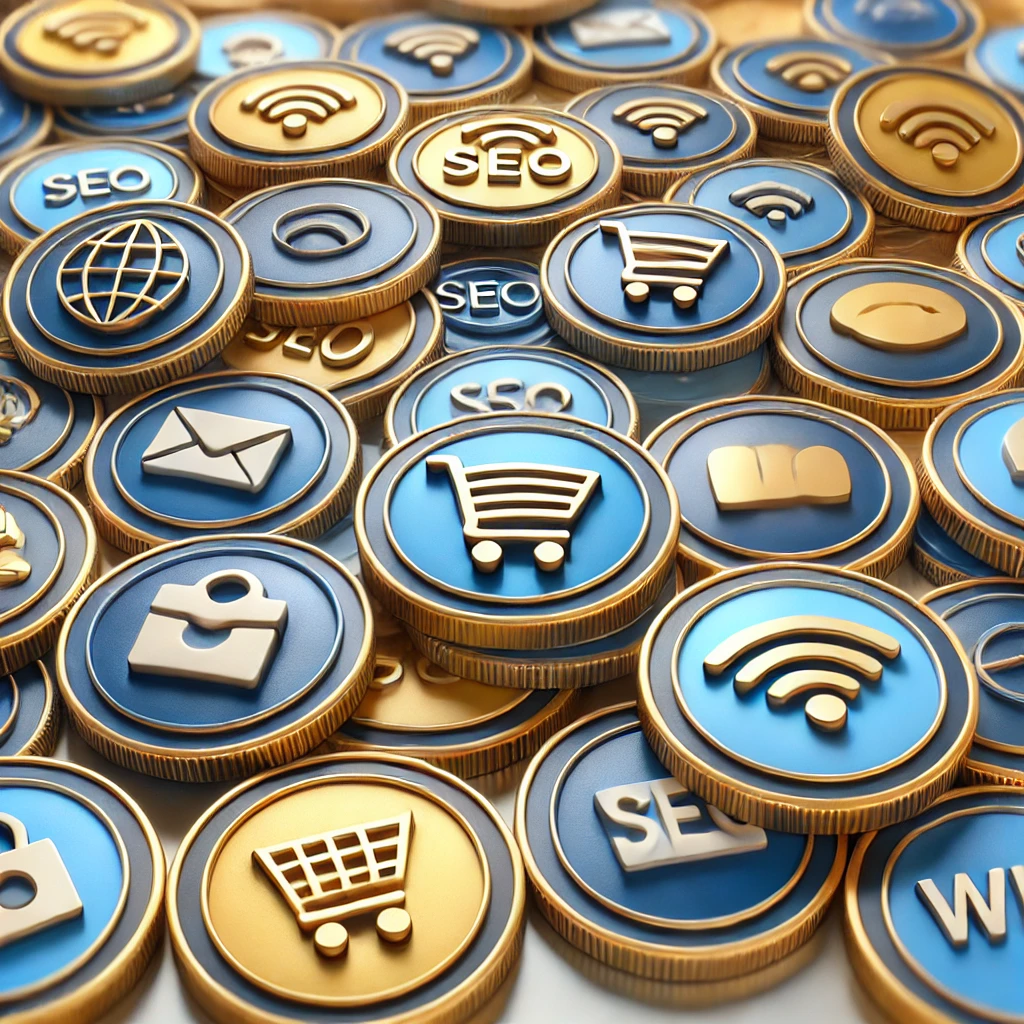AI for Digital Marketing: Revolutionizing Growth and Engagement
The Future is Now: AI in Digital Marketing
“By 2030, AI is projected to contribute $15.7 trillion to the global economy.” – PwC
That’s not just a number; it’s a reality shaping industries worldwide, including digital marketing. AI for digital marketing isn’t a futuristic concept—it’s happening now, and businesses that leverage it are outpacing competitors. From automation to personalization, AI is transforming how brands connect with their audiences.
How AI is Transforming Digital Marketing
1. Smarter SEO Strategies
SEO has always been data-driven, but AI has taken it to the next level. With tools like SEMrush, marketers can conduct keyword research, analyze competitors, and track rankings with unprecedented accuracy. AI-driven algorithms predict search trends, optimize content, and enhance visibility.
Actionable Insight: Use AI-powered tools to analyze search intent, optimize for voice search, and structure content effectively.
2. AI-Powered Content Creation & Personalization
Personalization isn’t a luxury anymore—it’s an expectation. AI analyzes user behavior to deliver personalized recommendations, email marketing campaigns, and dynamic website content tailored to individual preferences.
Example: Netflix uses AI to recommend shows based on viewing history. Marketers can apply similar strategies in email segmentation and dynamic ad targeting.
Actionable Insight: Leverage AI-driven email marketing tools like Mailchimp’s predictive analytics to tailor content based on past interactions.
3. Chatbots & AI-Driven Customer Support
24/7 support is now possible with AI chatbots. These bots handle FAQs, guide users through sales funnels, and enhance customer satisfaction.
Example: Many e-commerce brands integrate AI chatbots to handle pre-sale inquiries, reducing customer service workload.
Actionable Insight: Implement AI chatbots on websites and social media to improve response times and engagement.
4. AI-Powered Ad Targeting & Automation
AI in digital marketing enhances ad targeting by analyzing vast amounts of data in real-time. Google Ads and Facebook’s AI-driven algorithms optimize campaigns for higher conversions.
Actionable Insight: Utilize AI tools to automate A/B testing and bid adjustments, ensuring ads reach the most relevant audience at the lowest cost.
The Challenges of AI in Digital Marketing
AI isn’t a magic bullet. It comes with challenges:
- Data Privacy Concerns – Stricter regulations mean marketers must balance personalization with compliance.
- Learning Curve – Understanding and implementing AI tools requires time and expertise.
- Dependence on Data Quality – AI is only as good as the data it’s trained on.
Solution: Invest in high-quality AI tools, stay informed on compliance, and continuously test and refine strategies.
Future Trends: Where AI for Digital Marketing is Heading
- AI-Generated Video Content – Tools like Synthesia create hyper-personalized video marketing at scale.
- Voice Search Optimization – As voice assistants grow, optimizing for conversational queries is key.
- AI-Powered Predictive Analytics – Marketers will forecast trends and behaviors with greater accuracy.
Final Thoughts: Embrace AI, Stay Ahead
AI for digital marketing is more than a trend—it’s the future. Businesses that embrace AI-driven strategies now will lead their industries tomorrow. Whether optimizing SEO, personalizing content, automating ads, or enhancing customer support, AI is a game-changer.
The question isn’t whether to use AI in digital marketing; it’s how soon you can start leveraging its power. Ready to take your digital marketing to the next level? The time is now!




